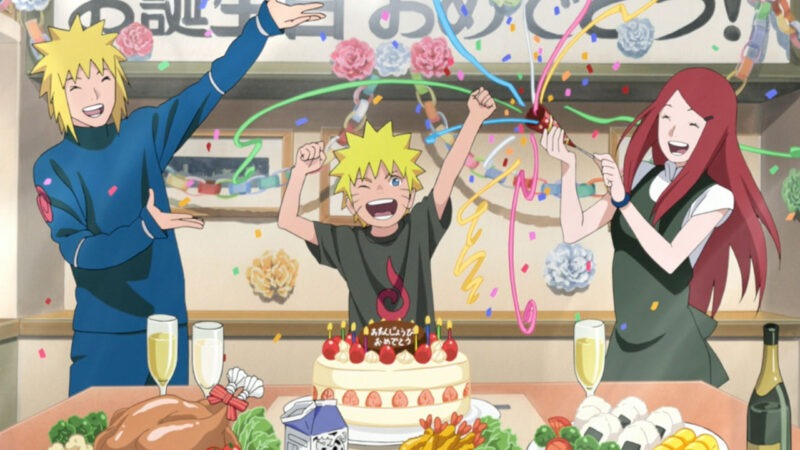
There’s been times I’ve considered retiring JP. I remember wondering what I was doing during the early years, wondering why I even started writing. I’ve had days I didn’t want to write, yet write I did. All the while I was learning about myself, even as I learned about Japan. Long-term projects act as a mirror when you least expect them to.
Okay, well, I’m sure my naval gazing has bored you. After all, you came here to learn more about how to improve your own blog and how to stick with it. I’ve offered many tips over the years, from writing ahead (I keep over a year of articles ahead), to how to come up with ideas. The largest barrier to your success is how you define it. It is easy to be discouraged with blogging. After all, many of us want to make a living doing it. However, that ship sailed a long, long time ago. JP doesn’t make any money. In fact, it costs me to keep it running through hosting costs, research costs (books can be expensive), and other costs. Sure, I’ve had offers from advertisers. Sure, I could run advertisements like everyone else. I refuse.The Internet is overwhelmed by advertisements and the like. I don’t want to contribute to the problem, although I will accept books in exchange for writing reviews. I worked with Tuttle Publishing for a time and enjoyed the partnership. They even sponsored writing competitions. I would love to partner with them again (if anyone from Tuttle is still reading!).
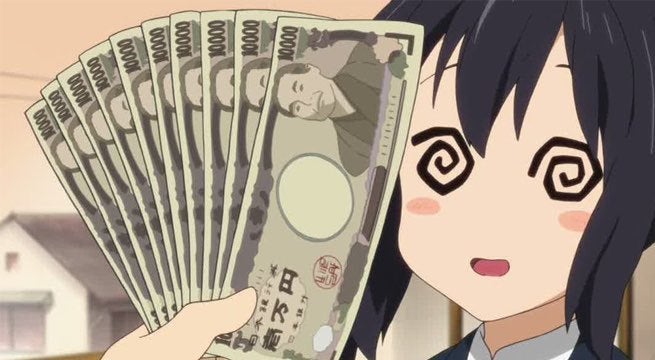
Of course, I use JP has a platform to advertise my books. But again, the reality: my writing has yet to pay for itself. We live in a culture (regardless of your national culture) of free. People don’t want to pay for writing, pictures, and the arts. And if people do, they don’t pay enough for most creatives to survive. If you read history, it’s long been like this. You don’t write or blog to become rich. You do it because you want to do it. You write, you draw, you paint, you photograph because you can’t do anything else. That is the key to longevity. If you chase the happy dollar, as Bob Ross used to call it, you won’t be able to keep going. Let’s face it, monetary success is stacked against you in these endeavors. Society focuses on the exceptions, the JK Rowlings. The majority will not make a living through their art, but the doing still enriches the spirit.
The Growth of a Blog
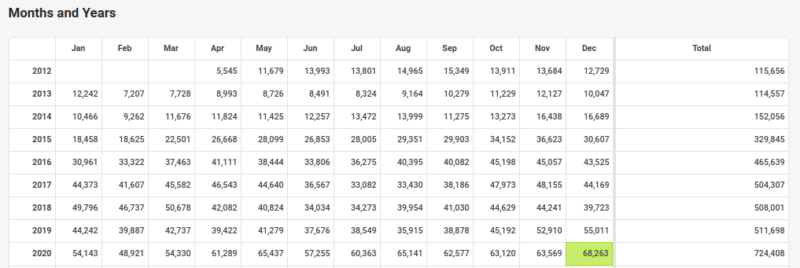
Don’t compare your blog to JP with these view stats. Your work has a different path than mine. You may be higher or lower in views. Either way, your path is your own. It will develop along its own trajectory. In this regard, it’s useless to compare your work to that of others, but it can help to see how trajectories develop. These view stats are missing the first year of JP’s existence. I didn’t have everything worked out back then. I wanted to share these figures with you to show how a blog can develop. As you can see, JP decreased in views during its third year, only to more than double from 2014 to 2015. During that time, I started writing with more academic references and moved away from strictly anime-related material. From there, I kept adjusting my formula, settling on APA-like (American Psychological Association) citations. I also delved deeper into social issues and how Japanese media has impacted Internet culture along with deeper dives into Japanese history.
As you can see, 2020 marked another jump in views as more people stayed inside during the pandemic. Some of those views also came from people researching for their online classes. I see links coming in from all sorts of university and high school courses. These numbers encourage me, but I also keep in mind that JP, like most Internet content, is at the mercy of Google and Facebook. These companies can determine who sees my writing and who doesn’t whenever they update their algorithms. That’s why it’s important for you to bookmark JP or subscribe to my post releases via email. Whenever I post an article, I don’t see traction until 6 months to 1 year later. It can take that long for the article to climb through Google’s search hocus-pocus. Because of this, I never know what topics will become popular. I’m often surprised, such as how “Jisei: The Japanese Death Poem” has increased in popularity or how “Chan, Kun, Senpai? Japanese Honorifics” has remained popular for 10 years. You can’t predict what people want to read or when they want to read it. I’ve seen long-buried articles suddenly jump into my top 10 without apparent reasons. These surprises make blogging interesting. If you try to control your content, targeting what is popular, you will miss your mark. Instead, I write whatever strikes my interest or what I believe others will find helpful. I’m often wrong!
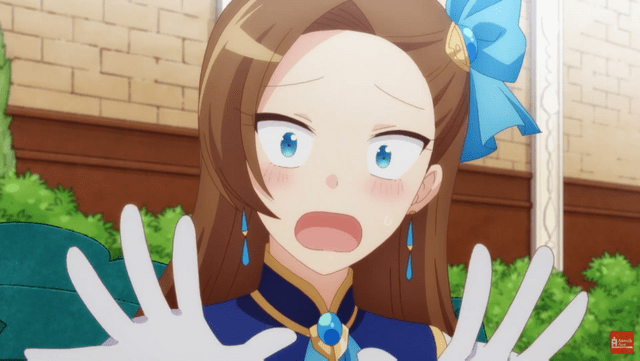
Reading has succumbed to video watching. YouTube has become more popular than blogging; it’s where you can still make some money. Video creation has its own workload; it lacks the same immediacy as writing and reading does. Frankly, I find video annoying for some content. I would rather read a tutorial than watch one. I can consume the tutorial easier and refer back easier than within a video. However, there’s no denying the future of the Internet is visual. Of course, if you follow YouTube, you can see the money may be leaving that platform just as it had left blogs. Corporations’ influence tends to push out individuals. I’ve considered adding video to JP. After all, before I went into librarianship, I was deep in animation and game development. But the time commitment to make a quality video, particularly an animated one, is difficult for me to accept. I could make the time, but I already work too much as side-hustling writer. You need to consider these sorts of things before you jump into a project: can you sustain it over the long run?
10 Lessons Learned over 10 Years
It’s time for the “too long; didn’t read” and a quick run through of what I’ve learned after 10 years of blogging.
- Be water, my friend. You can’t know what will become popular.
- Don’t chase money. You won’t get rich blogging. It’s possible but unlikely.
- Success is self-growth. Did you learn? Did you improve your writing? Did you have fun? Then you succeeded.
- You will be criticized. Writing and creating opens you up to criticism. Don’t take it personally. Criticism says more about the other person than it does about you. Sometimes criticism can even be helpful.
- Set a sustainable schedule. Do what works for you; do what you can sustain over the long term. Whatever you decide, be consistent!
- Be patient. Blogs take years to grow. You take years to grow.
- Don’t compare yourself to others. Your path is your own. You can’t walk anyone else’s path and call it your own.
- Money isn’t a measure of success. Self growth–your improvement in knowledge and in spirit–is the only true measure of success.
- You will make mistakes. Mistakes are chances to learn; they are not failures.
- Be humble, but have faith in yourself. Don’t be a know-it-all (a failure of mine), yet at the same time, have faith in what you’ve learned while still remaining open to learning more.
Considering the End
Every blog must end. Either the writer dies or moves on. I’ve seen many blogs end in the past 10 years, as writers burn out or move on in their lives. One day, I will end JP for similar reasons. One day, all the time I’ve spent writing will be lost to the digital ether. The Internet isn’t really for forever. It seems that way, particularly for the most negative things, but physical books and clay tablets get us closer to longevity than electrons do. However, the knowledge I’ve gained and the writing experience I’ve developed will remain with me after JP ends. Will I still be writing here 10 years on? I hope to be. We cannot know the direction the river takes us. All we can know is we will all end up in the sea eventually.
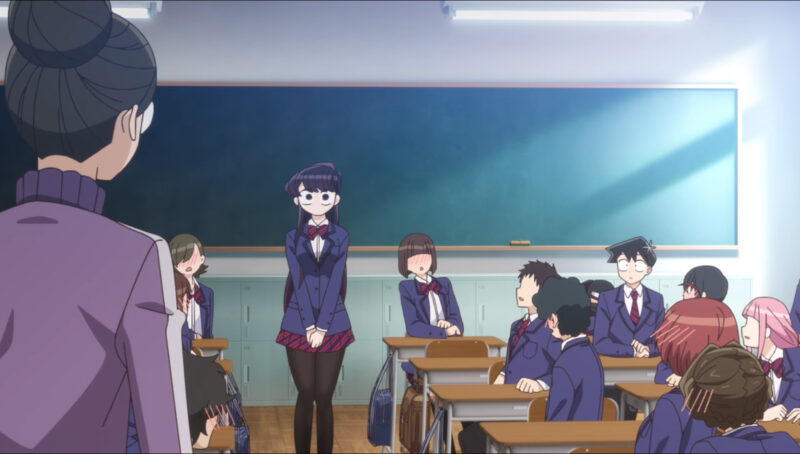

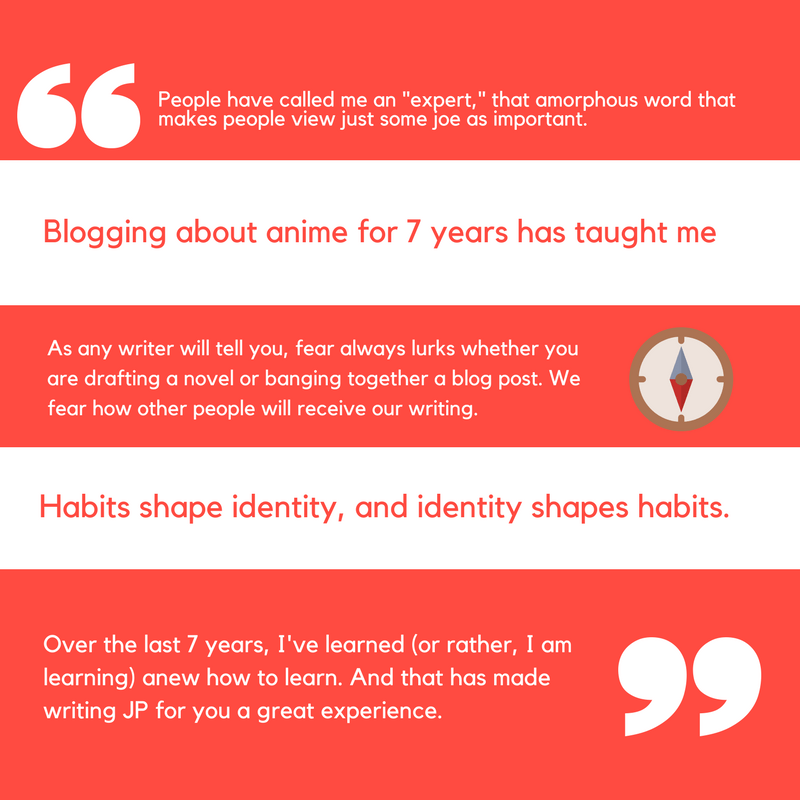
Hi There,
I’m preparing to move to Japan for a year in the fall, and recently stumbled onto your site. It’s marvelous! I love the aesthetic, the lack of ads, the vibrant images. Your training as a librarian has served you well in putting together this tremendous archive.
This post in particular resonated with me. For anyone who makes anything, there better be joy in the work itself. Even such a successful blog as JP is not making any money. You expressed the sentiment well in this post, really honing in on the nature of being creative, especially making things you can’t help but make, while not being supported financially for your efforts by society. And yet, art continues on!
I usually don’t care for a top-10 list, but this one was on point. I’m just in the very early stages of working on a therapy-related website, and these are exactly the things I am running into. Apparently, that is just the lay of the land. And yet, we keep making things! At least until we don’t.
JP is a decade old to you, but it’s brand new to me, and already gave me something valuable: a clear-eyed dose of reality with a swirl of beauty. So thanks!
I’m glad my article proved useful! I hope your stay in Japan goes well. When it comes to creative work, money sometimes ruins the work. While it’s fine to want to make a living off your work, chasing that living can make you hate the work. I remember a proverb that speaks to this: “You are entitled to your work, but you are not entitled to the fruits of that work.”
Good luck with your own blog!
I discovered your blog after finishing Samurai Champloo a few months ago. I really enjoy your articles. More importantly, I like your attitude. I really respect how you work hard to write good stuff as opposed to just generating hype. It’s kind of paradoxical, but I think the people who actually end up striking it really big in blogging and writing in general are the ones that work hard to produce great pieces.
Anyway, great job on sustaining this for 10 years plus. I look forward to reading the rest of of your articles.
Cheers!
Thank you! I’m glad you enjoy my articles.
Hey, congrats for 10 years from someone who’s reached 11 years. It’s funny that you mention advertising because a friend once told me to use ads on my blog many years ago and I refused. Given how terrifying ad tech has become, I’m glad I didn’t do it.
I think one thing to note for new bloggers is not to pay attention to things like SEO & web traffic at the start, though I suppose that is tied to chasing money. I used to be such an analytics freak because I was successful right off the bat. Now, after so many years, I don’t give a crap about keywords (SEO is a (mostly) BS industry after years of following the scene for a bit).
Looking forward to seeing what else you continue to write about. 🙂
You are right about SEO! I used to handle SEO for a business. While you can make short-term gains, the amount of effort to do so just isn’t feasible. It’s better to focus on writing good articles and let the chips fall where they will. I hadn’t thought about SEO for several years.
I’m just an ordinary hikikomori NEET from Eastern Europe, not even a fan of anime but I have enjoyed reading your blog sporadically since Dec. 2018.
The appreciation for your huge job is much more than what I could express in my semiliterate comment, sir.
Thank you for reading for so many years!